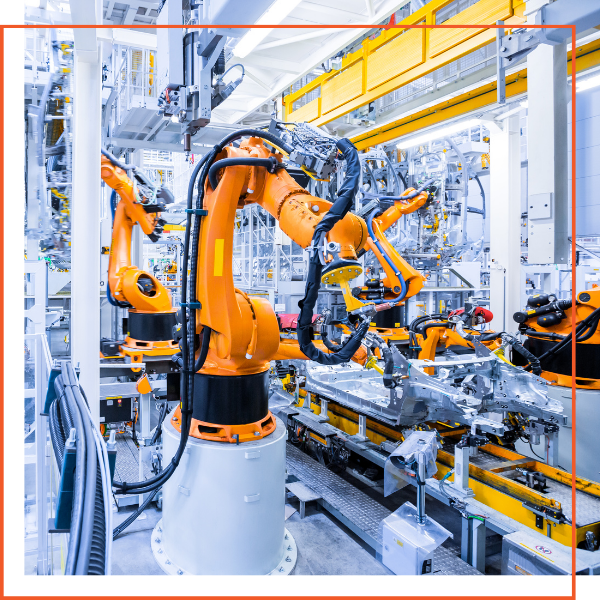The New Normal: How Supply Chain Shifts Are Reshaping Employment Trends in 2025
The New Normal: How Supply Chain Shifts Are Reshaping Employment Trends in 2025
As we look towards 2025, the world of supply chain management is undergoing significant transformation driven by global uncertainties and a relentless pursuit of resilience. Evolving strategies such as reshoring, nearshoring, and digital transformation are not only reshaping logistical frameworks but are also having profound impacts on employment trends. This article delves into how these shifts are influencing workforce needs in logistics, manufacturing, and technology, emphasizing the increased demand for domestic talent.

The Rise of Reshoring and Its Workforce Impact
One of the most notable trends reshaping the landscape of supply chain employment is reshoring—the practice of bringing manufacturing operations back to the home country. As companies prioritize localized production to mitigate risks associated with global supply chain disruptions, there is a surge in demand for skilled trade professionals and manufacturing employees. This transition provides job opportunities in sectors previously offshored, promoting a resurgence of domestic manufacturing jobs that require specialized skills in machining, welding, and assembly.

Nearshoring: A Strategic Shift in Logistics Jobs
Alongside reshoring, companies are increasingly opting for nearshoring—relocating supply chains to neighboring countries. This strategy not only shortens transportation times but substantially lowers logistical risks. As businesses adapt to these changes, the demand for logistics jobs in regions like North America and Latin America is on the rise. Roles in transportation management, supply chain coordination, and warehousing operations are all expected to see significant growth as companies build robust networks closer to home.

The Demand for Tech Talent in Supply Chain Analytics
Digital transformation is another key driver reshaping employment trends in the supply chain sector. Businesses are investing heavily in technology to enhance efficiency and gain real-time insights into their operations. This shift has spurred a growing demand for data analysts and IT professionals specializing in supply chain analytics. The ability to harness data can provide companies with a competitive edge, making roles in data science, machine learning, and predictive analytics increasingly critical to the workforce.

Building a Resilient Workforce
As supply chain strategies evolve, the importance of building resilience within the workforce cannot be overstated. Companies are prioritizing the development of training programs that equip employees with the necessary skills to adapt to changing technologies and processes. Upskilling initiatives focused on automation, robotics, and logistics management will be vital for a future-ready workforce, ensuring that employees can thrive in a rapid and unpredictable environment.
Contact Us Today
The transformation of supply chain strategies by 2025 is creating dynamic shifts in employment trends across various sectors. Increased demand for skilled talent in logistics, manufacturing, and technology emphasizes the need for businesses to invest in workforce development. At KCM Technical, we are committed to supporting companies in navigating these changes while connecting them with top talent. Explore our staffing solutions today to ensure your organization is prepared for the supply chain challenges ahead!
